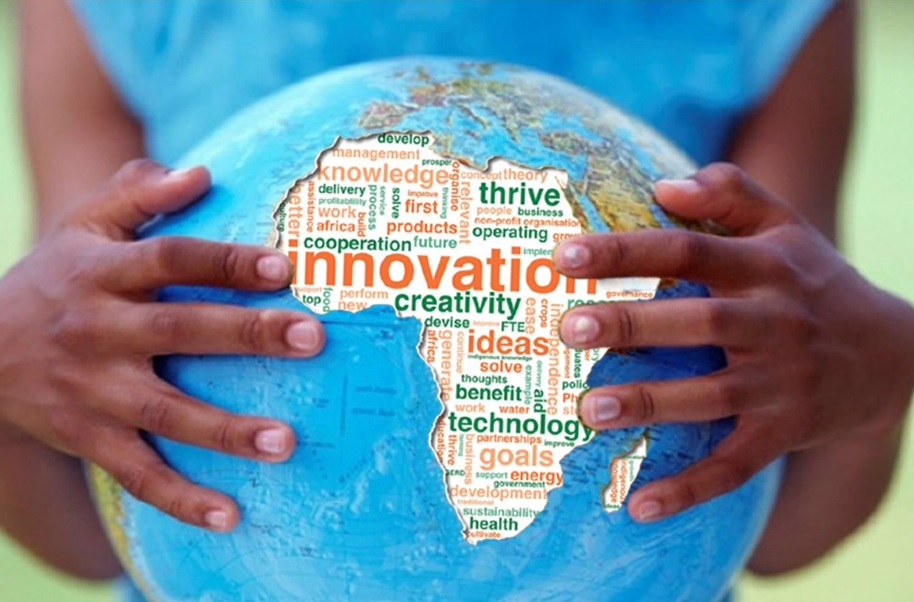WHEN Abdirashid Duale, the chief executive of Dahabshiil, Africa’s largest money-transfer business, visits Hargeisa, the capital of Somaliland, a breakaway province of Somalia, he cannot walk down the street easily. It is not that his security is under threat. It is that with every step, another businessman stops to greet him. Strolling from the new offices of Dahabshiil’s bank to the headquarters of its money-transfer operation, a distance of perhaps a couple of hundred metres, takes the best part of half an hour.
On arrival, it becomes clear why. In Hargeisa, Dahabshiil, which means “gold smelter” in Somali, is the local economy’s nerve centre. In its money-transfer hub, huge amounts trade over the counter; at one point, your correspondent is handed $200,000 in cash to hold.
Out of this bustling business, Mr Duale’s family have built an operation that operates throughout Somalia, and well beyond. Dahabshiil’s money-transfer business now stretches across 126 countries; as well as the one in Hargeisa, the firm has offices in Dubai, Djibouti and London. It transfers money from places such as Rwanda and South Sudan.In its new bank, every floor is air-conditioned—this in a state where electricity is generated by diesel and costs roughly ten times what it does in the West. Every street trader proudly displays his Dahab account number—the mobile-money arm of the firm’s telecoms network. At least half of Somaliland’s annual income flows through the firm, reckons Mr Duale.
The company can also count on the support of powerful politicians, including David Cameron, Britain’s prime minister—who spoke up for the firm when Barclays closed its bank account in 2013. Its success in moving money has helped to rebuild shattered parts of Somalia. It is now trying to become something bigger: a bank.
Dahabshiil was founded by Mr Duale’s father, who was a trader, importing goods into Somalia from Yemen. To acquire foreign currency, access to which was then strictly controlled by Somalia’s nationalised banking system, he turned to Somali migrant workers in the Gulf who needed to repatriate their earnings. Their money paid for imports in Yemen; in turn, out of his revenues from sales in Somalia, the senior Mr Duale was able to pay money to their relatives.
In the late 1980s, when Siad Barre, Somalia’s military dictator, began bombing Hargeisa, the business, like the city, was all but destroyed. “We lost everything. We went back to a nomadic way of life,” says the junior Mr Duale. The family ended up in a refugee camp in Ethiopia. But adversity provided an opportunity. Stuck in camps, penniless refugees needed a way to get help from relatives abroad. And so business restarted.
After 1991, when the fighting died down, Dahabshiil began expanding back into Somalia. The business was crude—transactions were communicated with high-frequency radio sets and the firm relied entirely on its staff’s knowledge to ensure money reached the right people. But it quickly expanded. Satellite links were added, then mobile phones took off. Now, it is possible for someone in London to send money to a relative in Somalia with just a name and a mobile-phone number.
At one point this informality could have killed the business. After the September 11th attacks in New York, regulators in Western countries began to worry about how money-transfer systems were spiriting vast sums around the world anonymously—including to terrorists. Strict new rules about identifying senders and recipients were drawn up. Firms operating in Somalia, a lawless country, were particularly threatened. But instead of failing, Dahabshiil found a way to comply with the rules.
Since most Somalis do not own passports (which are in any case far from secure as proofs of identity), Dahabshiil relies on the strength of the clan network. In a country where men can recite their ancestors’ names back fifteen generations, references are an effective way to prove that new customers are who they say they are. After that, their biometric information and fingerprints are stored in a Dahabshiil database, so that later transactions can be verified. Many financial transactions are filmed, in case records are needed later.
This system has fended off bureaucrats determined to believe the worst about the firm and about Somalia, says Mr Duale. But it has not completely warded off controversy. Barclays closed Dahabshiil’s London account in 2013 largely because of worries about its reputation. The British bank did not want to risk being associated with car bombs and warfare in Somalia. After an outcry, and a court case, the two firms reached a settlement—but Barclays did not reopen the account. Mr Duale is now coy about how the firm banks in the West, refusing to reveal the identity of his partners.
Read On:





